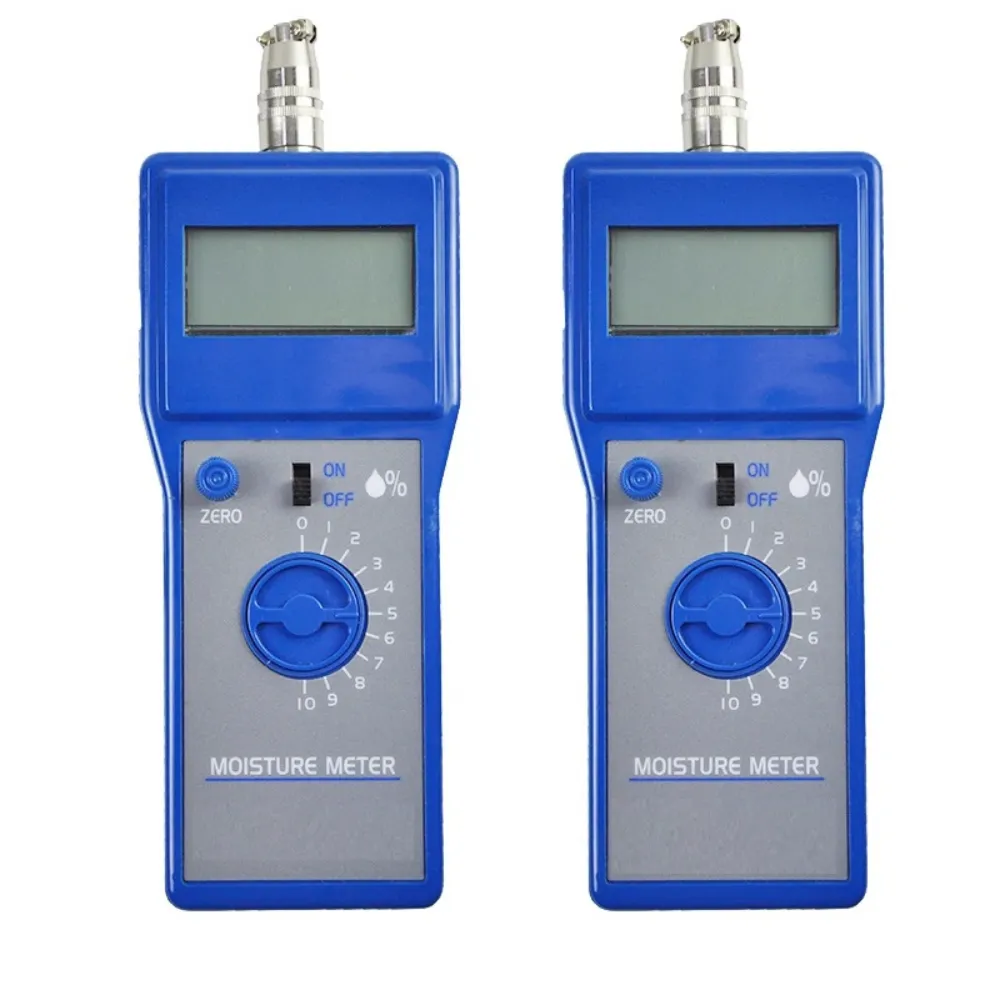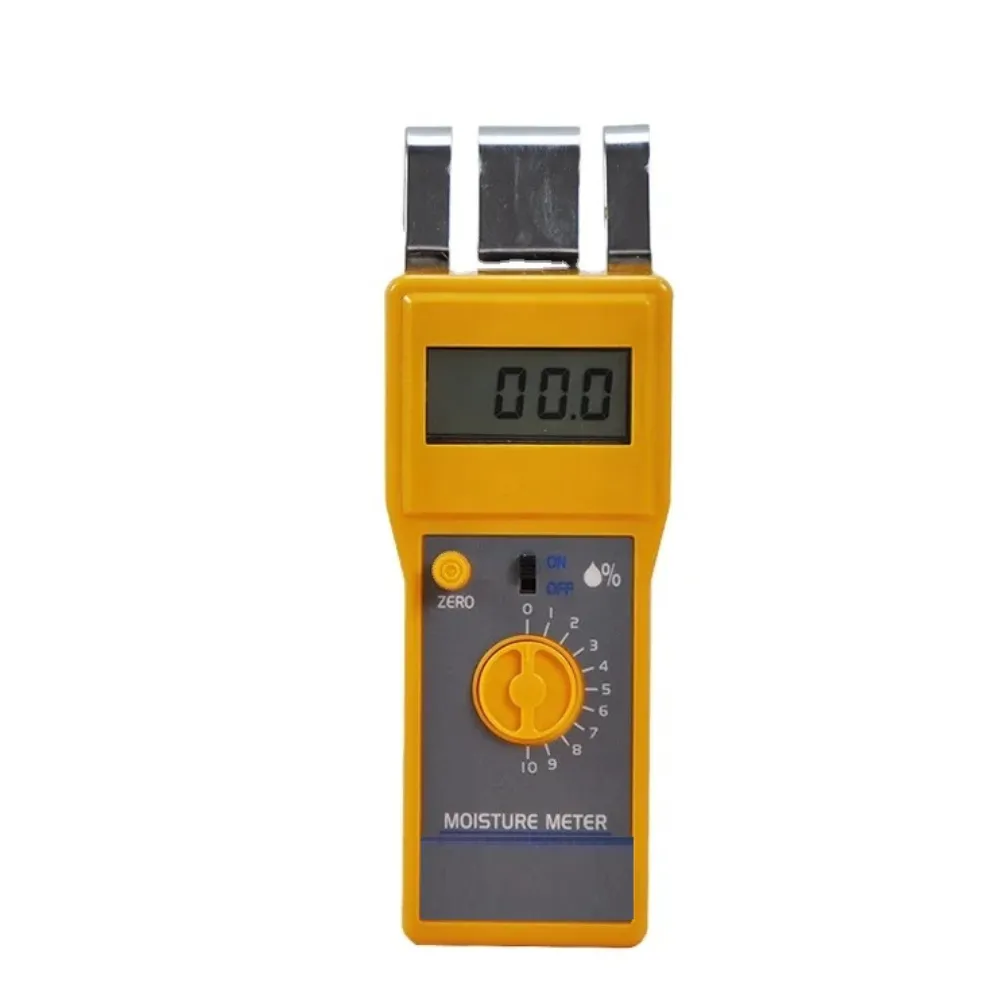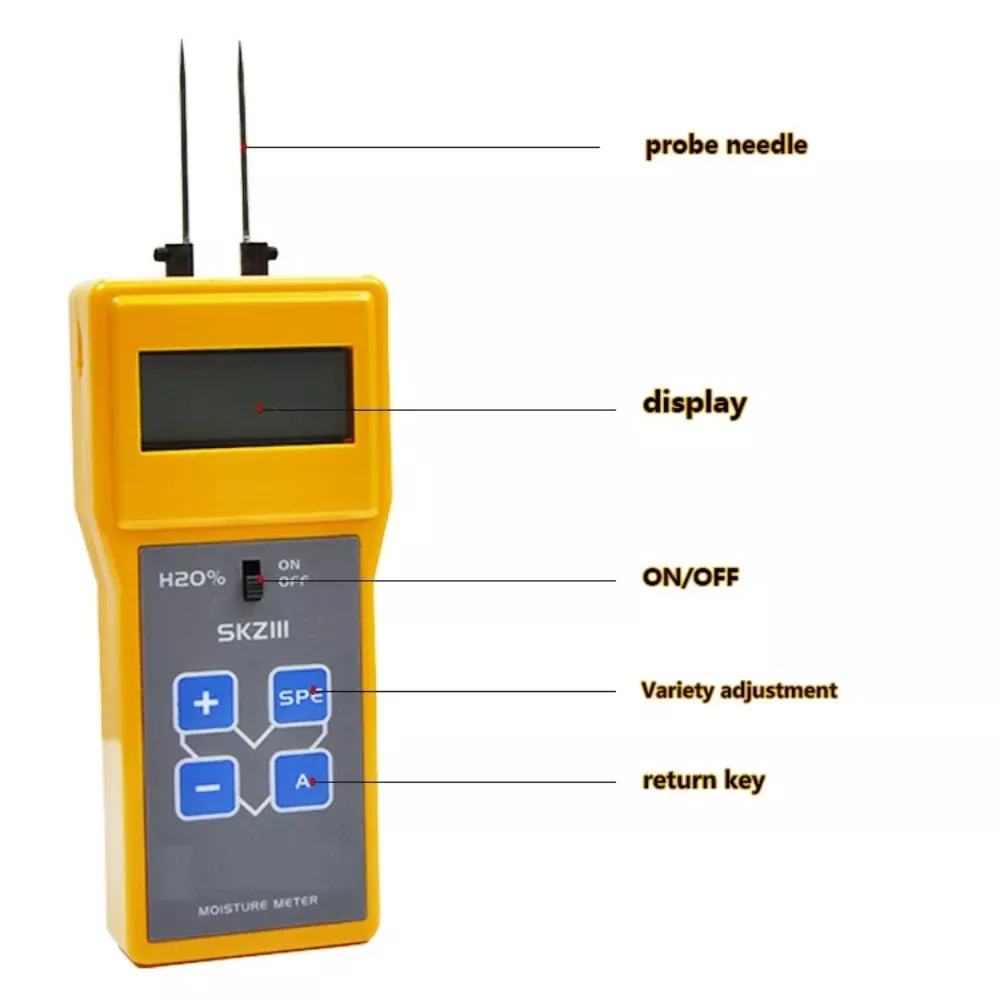
The Role of Textile Moisture Meters in Sustainable Textile Production
Table of Contents
Textile moisture meters play a crucial role in the sustainable production of textiles. These devices are essential for maintaining the quality and durability of textiles, as well as ensuring that they are produced in an environmentally friendly manner. In this article, we will explore the importance of textile moisture meters in sustainable textile production and discuss how they contribute to the overall efficiency and sustainability of the textile industry.
Textile moisture meters are used to measure the moisture content in textiles, which is an important factor in determining the quality and durability of the final product. By accurately measuring the moisture content, manufacturers can ensure that their products are not overly damp or dry, which can lead to issues such as shrinking, stretching, or fading. Additionally, by maintaining the correct moisture levels, manufacturers can reduce the amount of energy and water needed to dry and process the textiles, leading to a more sustainable production process.

One of the key benefits of using textile moisture meters is that they allow manufacturers to monitor the moisture content of textiles throughout the production process. This enables them to make adjustments as needed to ensure that the final product meets the desired quality standards. For example, if a manufacturer notices that the moisture content of a particular fabric is too high, they can adjust the drying process to reduce the moisture levels and improve the overall quality of the final product.
Identifying and Addressing Production Issues
Another important aspect of textile moisture meters is their ability to help manufacturers identify and address potential issues with their production processes. For example, if a manufacturer notices that the moisture content of a particular fabric is consistently higher than desired, they may need to investigate the cause of this issue and make adjustments to their production process to address it. This could involve making changes to the drying process, adjusting the humidity levels in the production facility, or even modifying the type of fabric being used.

Promoting Environmental Friendliness
Textile moisture meters also play a crucial role in ensuring that textiles are produced in an environmentally friendly manner. By accurately measuring the moisture content of textiles, manufacturers can reduce the amount of energy and water needed to dry and process the textiles, leading to a more sustainable production process. Additionally, by maintaining the correct moisture levels, manufacturers can reduce the amount of waste generated during the production process, as well as the amount of chemicals needed to treat the textiles.
Conclusion
In conclusion, textile moisture meters are an essential tool for sustainable textile production. By accurately measuring the moisture content of textiles, manufacturers can ensure that their products are of the highest quality and durability, while also reducing the environmental impact of their production processes. By using textile moisture meters, manufacturers can contribute to a more sustainable and environmentally friendly textile industry, which is essential for the future of our planet.
Comments
Tags
Frequently Asked Question
Textile moisture meters are used to measure the moisture content of textiles, which is crucial for maintaining quality, durability, and sustainability in textile production.
By accurately measuring moisture levels, these devices help reduce energy and water consumption in drying and processing, minimizing waste and chemical usage, leading to a more environmentally friendly production process.
They allow manufacturers to monitor moisture content throughout production, make adjustments for quality control, identify and address production issues, and ultimately ensure a high-quality and sustainable final product.
While not mandatory, textile moisture meters are highly recommended for manufacturers seeking to improve product quality, reduce environmental impact, and optimize their production processes for greater efficiency and sustainability.

